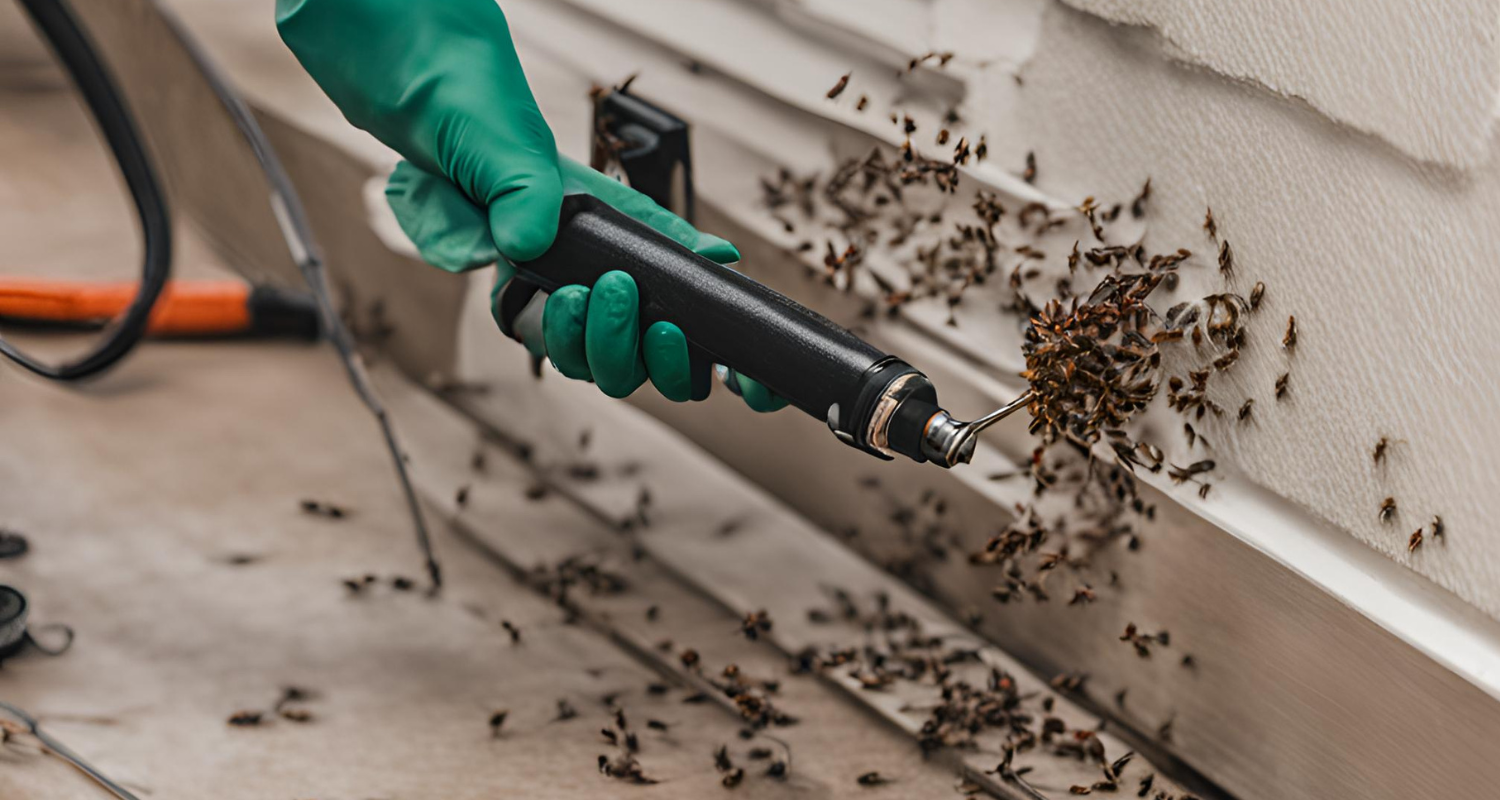In today’s world, where environmental sustainability and health consciousness are becoming increasingly important, the choice of pest control methods extends beyond mere effectiveness to encompass broader considerations like safety, sustainability, and long-term impact. Herbal pest control offers a compelling alternative to traditional chemical treatments, providing homeowners with effective pest management solutions that prioritize the well-being of both people and the environment.
Understanding Herbal Pest Control
Herbal pest control relies on natural substances derived from plants, such as essential oils, herbs, and minerals, to repel and eliminate pests. Unlike synthetic pesticides that often contain harmful chemicals, herbal remedies harness the power of nature without compromising on efficacy. These natural ingredients work by disrupting pests’ behavior, deterring them from entering your living spaces, and disrupting their reproductive cycles.
Benefits of Choosing Herbal Pest Control
1. Safety for People and Pets
One of the primary reasons homeowners opt for herbal pest control is its minimal impact on human health and animal well-being. Unlike chemical pesticides, which can pose risks through direct contact, inhalation, or residue on surfaces, herbal solutions are generally non-toxic and safe when used as directed. This makes them ideal for households with children, pets, and individuals with sensitivities to harsh chemicals.
2. Environmentally Friendly
Herbal pest control aligns with eco-conscious practices by reducing the overall environmental footprint associated with pest management. Plant-based ingredients break down more quickly in the environment, minimizing pollution of soil and water sources. By choosing herbal methods, you contribute to preserving biodiversity and supporting sustainable agricultural practices.
3. Effective Long-Term Solutions
Contrary to common misconceptions, herbal pest control can offer effective, long-term solutions when applied correctly and consistently. Many herbal ingredients have been scientifically proven to repel pests and disrupt their life cycles, providing ongoing protection against infestations without the need for frequent reapplications.
4. Preservation of Beneficial Insects
Unlike chemical pesticides, which can indiscriminately harm beneficial insects such as bees and ladybugs, herbal pest control methods often target specific pests while preserving beneficial organisms essential for ecosystem balance. This supports a healthier and more diverse garden environment.
Implementing Herbal Pest Control in Your Home
- Identify Pest Problems: Regularly inspect your home and garden for signs of pest activity, such as droppings, chewed plants, or unusual odors.
- Choose Appropriate Remedies: Select herbal solutions tailored to the pests you’re dealing with. For example, peppermint oil for rodents, neem oil for aphids, or diatomaceous earth for crawling insects.
- Application Techniques: Follow recommended guidelines for mixing and applying herbal treatments to ensure their effectiveness. Use protective gear when necessary and avoid excessive application to prevent unintended consequences.
Choosing herbal pest control is not just about eliminating pests; it’s about making a conscious decision to protect your home and the environment using natural, sustainable methods. By opting for herbal remedies, you safeguard the health of your family, preserve beneficial wildlife, and contribute to a cleaner, greener future. Embrace the power of nature in pest management and experience the benefits of herbal solutions firsthand.
For more information on implementing herbal pest control solutions tailored to your specific needs, visit Herbal Pest Control. Start your journey towards a healthier, pest-free home today.
